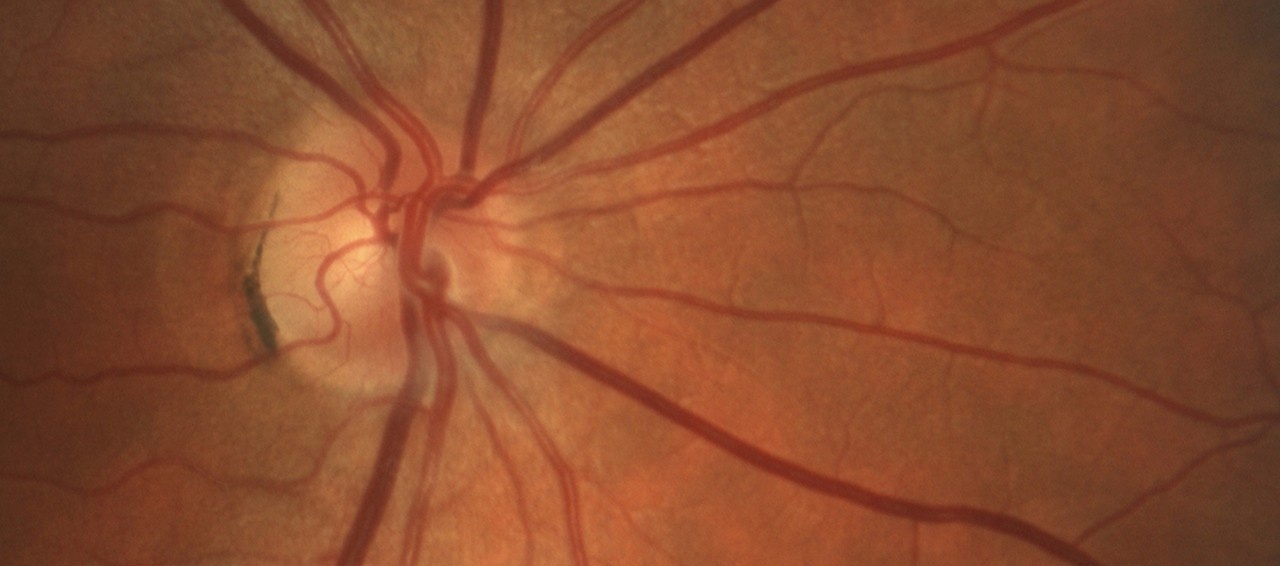Pediatric Ophthalmology and Adult Strabismus
Overview
Our pediatric ophthalmology and adult strabismus fellowship is in compliance with the Association of University Professor of Ophthalmology (AUPO) and based on standards developed by the American Association of Pediatric Ophthalmology and Strabismus (AAPOS). The fellowship is generally based on a 12-month clinical experience with some basic research exposure. The fellowship can be extended another year to satisfy the needs of the candidate. That can include more advanced research as well. The fellow must express their interest in a second year early on during fellowship.
Fellowship Objectives
· To provide comprehensive postgraduate specialized training in all disciplines of pediatric ophthalmology including management of amblyopia and pediatric strabismus, pediatric cataracts, screening and treatment of retinopathy of prematurity, medical management of pediatric uveitis, interpretation of electrodiagnostic tests, diagnosing and counselling patients with genetic ocular disorders, and some exposure to neuro-ophthalmology and pediatric plastics and lacrimal disorders.
· To provide the fellow with surgical training in order to be able to independently perform all forms of pediatric and adult strabismus surgery including re-operations, transpositions, cyclovertical muscle surgery, cranial nerve paresis, and adjustable suture technique.
· To train the fellow on pediatric cataract surgery including lens extraction and secondary IOL implantation, and post-operative rehabilitation including contact lens fitting. The fellow will also perform nasolacrimal procedures, intravitreal injections and laser for retinopathy of prematurity, and possibly external procedures such as ptosis repair and dermoid cyst excision.
· To provide pediatric ophthalmology research experience that will result in at least one presentation or poster in Research Day. Candidates interested in more advanced research will be supported to achieve that.
· To develop the candidate into an academically oriented pediatric ophthalmologist who is active in research and medical education of student doctors, residents, and fellows.
Clinical and Educational Duties
· Provide patient care in outpatient clinics and inpatient consultations under the supervision of the staff ophthalmologist.
· Collaborate with the student orthoptists in preparing for the weekly strabismus rounds during which the student orthoptist presents the cases, and the fellow presents surgical and non-surgical treatment options.
· Present on Department of Ophthalmology and Visual Sciences Grand Rounds once a year and the Pediatric Ophthalmology Rounds once a month.
· Might be asked to participate as an examiner in the resident exam once or twice during the 12-month fellowship.
· To work on at least one research project.
Vacation
15 working days and 5 days of conference leave.
Funding
Canadian and non-Canadian applicants are encouraged to seek sponsorship from local organizations. Funding might be available in some academic years. For more information on funding availability and the amount of funding contact the program coordinator.
Location
Both clinical and surgical experiences are based at the IWK Health Centre for pediatric patients, as well as the Eye Care Centre of the Nova Scotia Health Authority for adult strabismus. The fellow might be given the opportunity to operate at other locations such as Hants Regional Hospital in Windsor, NS and Scotia Surgery in Dartmouth, NS.
IWK Health Centre is the largest tertiary centre for pediatric healthcare in Atlantic Canada. The ophthalmology division receives referrals from Nova Scotia, New Brunswick, Prince Edward Island, and occasionally Newfoundland and Labrador. The division has an excellent orthoptic support from academically oriented orthoptists and benefits from being home to the largest orthoptic education centre in Canada. The division is well-equipped with the latest technologies in visual acuity testing and ophthalmic imaging.
Faculty
· Bata, Bashar, MD, FRCOphth, FRCSC, Program Director
· Dahrab, Mishari, MD, FRCSC, Division Head
· Robitaille, Johane, MD, FRCSC, FAO
· Promelle, Veronique, MD, PhD
· Oystreck, Darren, MMedSci, OC(C), COMT, BSc, Clinical Vision Science Program Chair
· Jeff Locke MSc, OC(C), COMT, Electrophysiology Team Lead
Application Process
The application process is administered through the Ophthalmology Fellowship Matching Service (SF Match). Visit the SF Match website for more information on relevant deadlines. Only applications received through the SF Match will be considered.
Once the application deadline is reached at the end of September, our selection committee contacts the candidates shortlisted for interviews. Interviews usually take place in early November and are typically done virtually. The results of the match are usually out by mid-December.
Requirements
· Completion of an ophthalmology residency by the start date of the fellowship.
· Eligibility for a Nova Scotia Licence (Defined Licence).
· Some international fellows might be required to pass an English language proficiency exam to satisfy the requirements for a Nova Scotia defined licence. Refer to the website of College of Physicians and Surgeons of Nova Scotia for the latest information on this or reach out to the fellowship program coordinator for further information.
Contact Information
Dr Bashar Bata C/O Olivia Robichaud
Olivia.Robichaud@iwk.nshealth.ca

 QE II Health Sciences Centre,
QE II Health Sciences Centre,